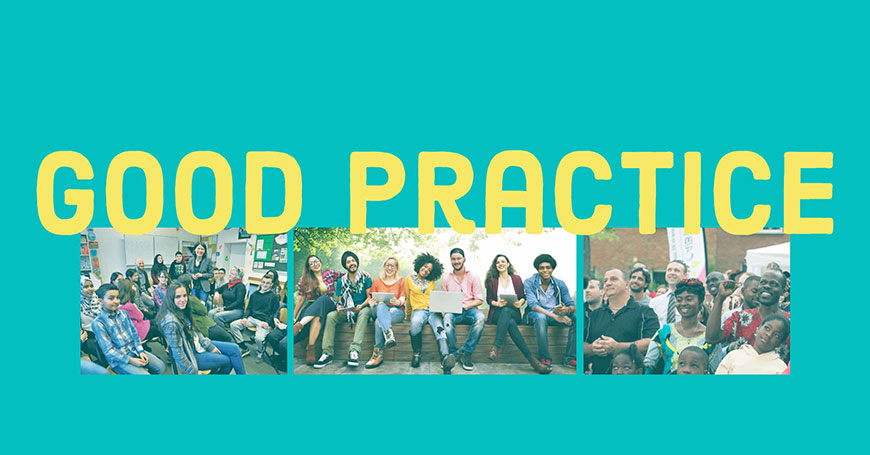Intercultural cities: good practice examples

The first step is the adoption (and implementation) of strategies that facilitate positive intercultural encounters and exchanges, and promote equal and active participation of residents and communities in the development of the city, thus responding to the needs of a diverse population. The Intercultural integration policy model is based on extensive research evidence, on a range of international legal instruments, and on the collective input of the cities member of the Intercultural Cities programme that share their good practice examples on how to better manage diversity, address possible conflicts, and benefit from the diversity advantage.
This section offers examples of intercultural approaches that facilitate the development and implementation of intercultural strategies.
Covid-19 Working Group
Concept Camden Council has a track record in seeking to address systemic discrimination and structural inequalities. This is not a new issue for the Council, but Covid-19 has both highlighted and...
The Inclusive Employer
Purpose: Bradford Council seeks to be an inclusive employer Stimulus/Rationale: This initiative is rooted in Bradford Council’s Equality Objectives 2016-2020. One objective is that the Council is...
The Auckland Plan 2050
Purpose: ‘Fostering an inclusive Auckland where everyone belongs’ Stimulus/Rationale: The Auckland Plan 2050 outlines a 30-year strategy for Auckland to tackle three key challenges: Population...


